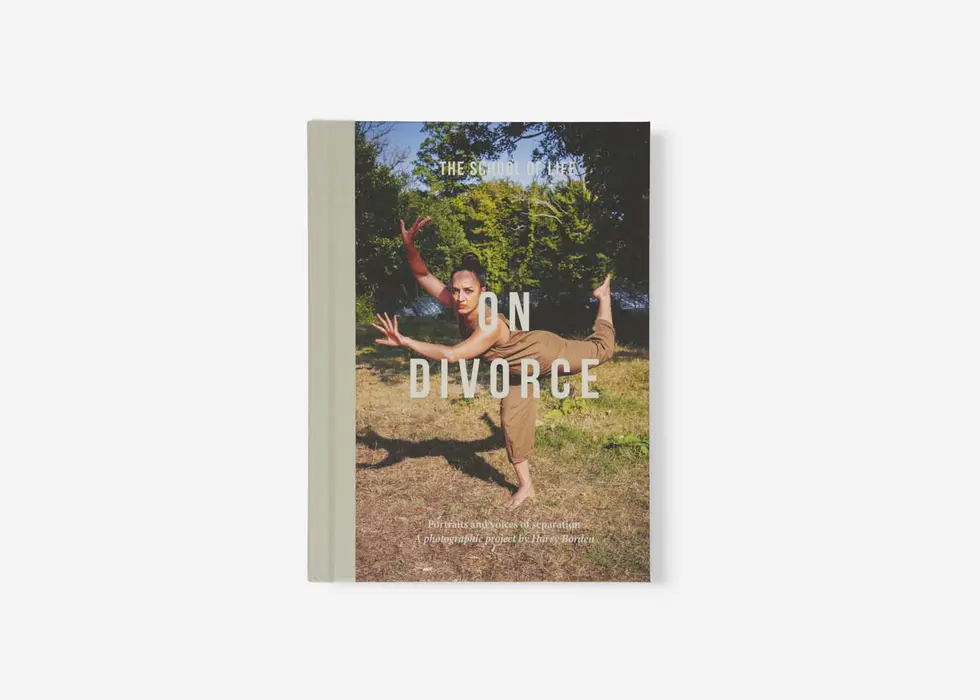Relationships • Parenting
Are Children for Me?
The working assumption of modern societies is that every ‘normal’ person should seek to have children – and should in every way be enabled to do so.
Yet wisdom may point in a different direction. In our heart of hearts, many of us do not necessarily want to have children, but feel an enormous pressure to produce them anyway. After a few years together, a young couple will come under a barrage of questions as to when a baby will be on the way, and of judgement that there must be something extremely wrong (physically or morally) with them were they to have no interest in delivering one.
And yet a society that properly loved children would know that the single greatest contribution to children’s welfare is the removal of the idea that everyone should automatically have them. A good society would give equal prestige to childless and childful states. We best honour children, the born and the unborn, by accepting that parenting should never be the automatic choice – just as the wisest way to ensure that people will have happy marriages is to destigmatize the single state.
If we haven’t travelled, if we don’t yet know what we want, if we have a hard time staying with anyone for a while or remaining friendly with them when we part, if we like to be admired a lot, if our real passions lie at the office, if the purpose of our life is to be famous, if we don’t especially like to listen, if we have trouble being calm, if we have been very badly scrambled by our own parents, then we might consider whether – in all fairness to everyone involved – this is really for us. Some of the best people in existence do not make ideal parents; the truly great ones know this about themselves and act bravely on the knowledge.
In a better arranged world, a sizeable share of the population, perhaps a majority, would remain childless. They would find life without offspring challenging and rewarding enough. When they occasionally felt a desire for a child, they would be afforded ample opportunity to spend time with one for a while. Just as national museums have prevented most of us from needing to own masterpieces personally, so too we might spend an afternoon with a small treasure owned by someone else – mitigating any pressure or inclination to go and get one one of our own.
Those who really wanted to have children would then be considered rather in the way that were, in the ninth century, the dedicated minority who left behind the ordinary comforts of existence in order to become nuns or priests. One would admire their devotion while privately shuddering at the price they had paid for it.
In a painting by the Swiss artist Ferdinand Hodler, a young child sits on a mother’s knee. She is carefully ladelling something, probably warm milk, from a cup. All those who have been in a similar position will instinctively know what a child that age might weigh, how cosy they would be to hold, how soft their hair would feel, how protective one’s hand would be around their chest and how satisfying it would be to witness a young person’s fascination with simple elements like a cup and a teaspoon. But the parent would know a few other things besides: how rare these moments of peace generally are, how long it took to get them dressed, how angry the child was when we tried to put on their boots, how quickly they will need another change, how much they have screamed, how little recognition one is ever given for one’s labours and how exhausted (and sometimes close to despair) one will feel by bedtime.

Ferdinand Hodler, Mother and Child
The world is never unhappy because of children who have not yet been born, it is grief stricken by children who have been placed on the planet without anyone to love or protect them adequately. We can cope with fewer children; what we need above all else are parents sufficiently dedicated to the tasks of love.


























